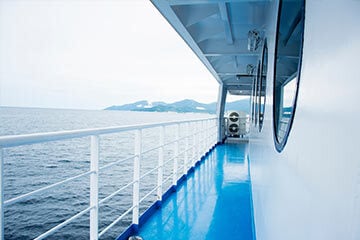“Scuba diving is risky because a lot can go wrong. You could get injured while you're underwater or your dive might get cancelled due to bad weather. Travel insurance for scuba diving can help to cover these uncertainties, so you can dive in worry-free."
How to compare travel insurance quotes
Fill out our quote form
We'll do the legwork
Compare policies
1Correct as of October 2025
2
What our travel insurance expert says
Related travel insurance guides
Explore other types of travel insurance
Confused.com’s Travel Insurance solution is provided by theIdol.com. theidol.com is a trading style of Investment Discounts On-Line Ltd and is authorised and regulated by the Financial Conduct Authority. Registered office; Investment Discounts On-Line Ltd, One Coleman Street, London, EC2R 5AA. Registered in England no: 04231834. theidol.com is part of the Legal & General group.
Our service is free and compares a wide range of trusted household names. Confused.com is an intermediary and receives commission from theidol.com if you decide to buy through our website which is based on a percentage of the total annual premium. We pride ourselves on impartiality and independence – therefore we don't promote any one insurance provider over another.
Our service is free and compares a wide range of trusted household names. Confused.com is an intermediary and receives commission from theidol.com if you decide to buy through our website which is based on a percentage of the total annual premium. We pride ourselves on impartiality and independence – therefore we don't promote any one insurance provider over another.







